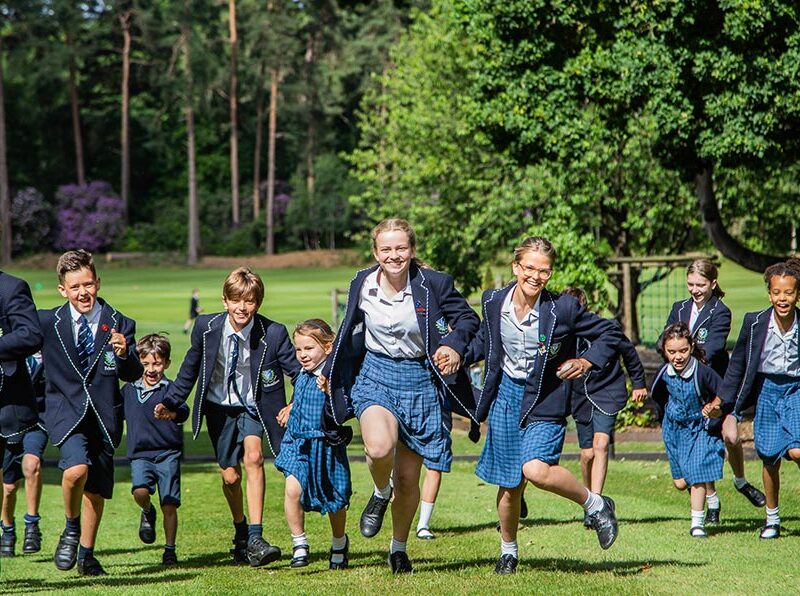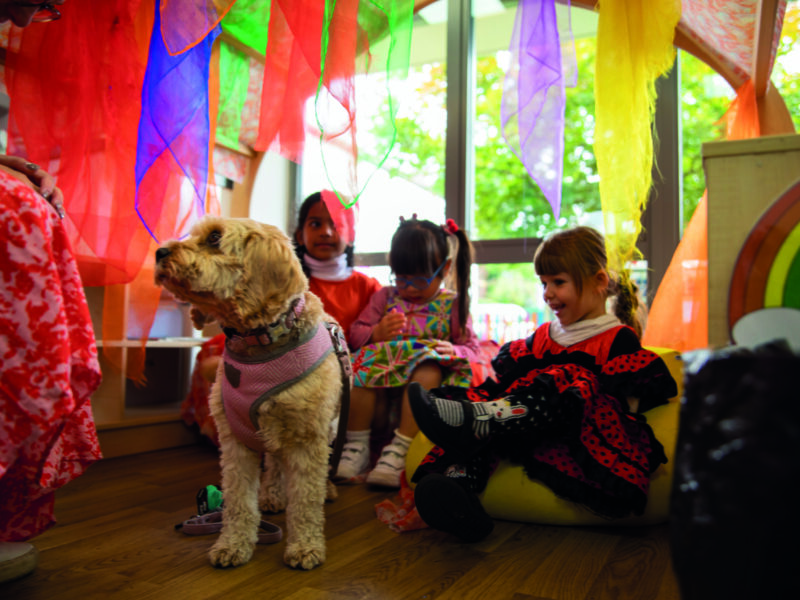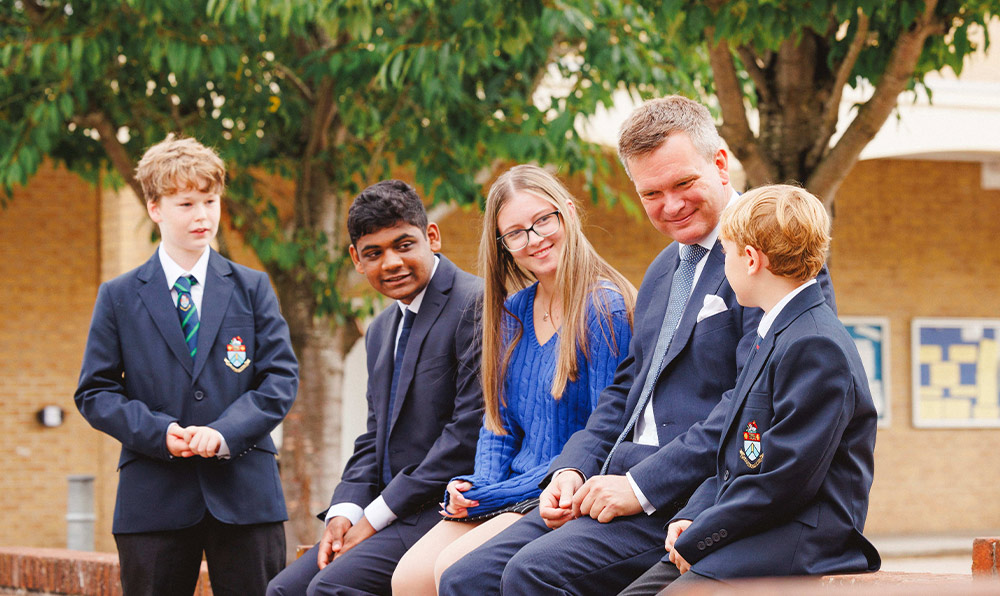
The Education Agenda: What to expect in 2024
From AI to creating an inclusive society…. we look at four key issues for the year ahead, and how schools plan to react to them.
By Ellie Holmes
Pictured: Halliford School
Artificial Intelligence – challenges and opportunities
Many industries are looking at how artificial intelligence might impact them, for better or worse. And, in turn, schools are looking at what that means for students. James Davies, head of Halliford School, says: “Amidst all the change in the world of education, there is no doubt that artificial intelligence looks set to transform all of our lives in the coming years. To me, this is not a dystopian view of man against machine in an adversarial battle, it is simply a matter of us all using our skills to our advantage.
“It was the great Pablo Picasso who said that computers are useless as they just give answers, and they need humans to have the curiosity to ask the right questions.”
Chris Skelton, head of Newland House, also reiterates the need to embrace technology but also highlights the importance of pastoral provision to help children cope with the rapid acceleration it will bring. “Technology is transforming the workplace, and so the skills and characteristics our young people will require to thrive are also evolving.
“The World Economic Forum predicts that ‘life skills’ such as resilience, flexibility and self-management will become even more essential.
“As leaders within schools, we must ensure that pastoral provision continues to innovate to support children’s personal development in this way. Skills like analytical thinking, complex problem-solving and critical thinking now carry more importance and I believe they will need to be prioritised as part of a longstanding curriculum.”
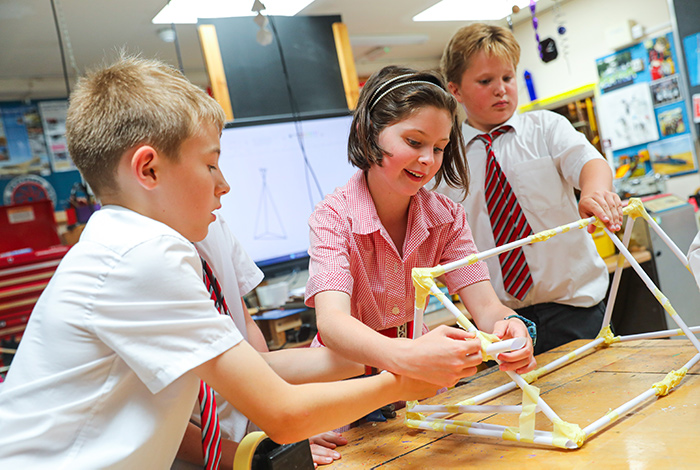
Newland House
Reach For The Stars In Subject Choice
Whilst technology is transforming how we learn, it is also transforming what we learn and schools are widening the range of subjects being taught.
Girls at Sutton High are being offered lessons in rocket science as Girls Day School Trust launches a first-of-its-kind Space Technology Diploma for teachers.
Their NASA-trained head of computer science, Jane Buttigieg, has gone where not many teachers have gone before and is teaching rocket trajectory simulations – or Python coding for space technology – which she started studying in lockdown.
She says: “Not only is this a fascinating opportunity for our girls, it will also hopefully encourage more girls to follow a career in STEM. The European Space agency has said it is aiming to employ women in 40%+ of STEM roles by 2025. Our ability to offer the study of space technology is an excellent way of attracting more interest amongst our students to follow a STEM related career”.
Sutton has led the way in this pioneering project and the whole of the GDST is behind the diploma and what it means for girls’ careers in the future.
Head of Sutton High, Beth Dawson says: “We are committed to pushing the boundaries of education in all fields and remain true to our GDST motto of ‘where girls learn without limits’.
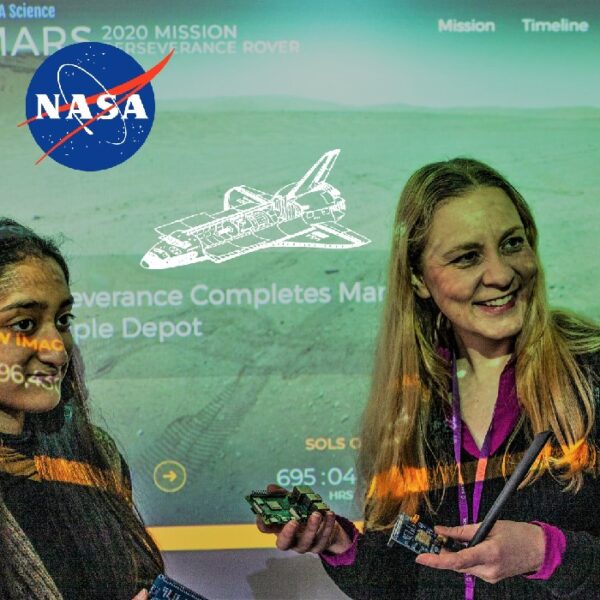
Sutton High
Nurturing ‘Character Education’
Emerging technology can do a lot of things, but one thing that can’t yet be replicated is a person’s character. Our unique characteristics and sense of ourselves are going to become more important as the world changes around us.
At Weston Green School in Thames Ditton they have integrated ‘character education’ into their curriculum. This aims to develop positive qualities that will help children become “moral, civic and socially responsible beings” and emphasises personal growth and wellbeing.
Weston Green has developed a research-based programme, which covers eight core strands: “Beyond Borders, Environment, Leadership, Learning, Expression, Volunteering, Unity and Endeavour.” Mrs Hanraj, deputy head teacher, is studying for an MA in Character Education at the University of Birmingham, and she is passionate about the concept and its place in schools. She says: “Character education is not something that we do in addition to our academic work, but something that we do through our academic work. Our dedication to fostering an environment beyond academic excellence aims to nurture individuals with resilience, compassion and a strong sense of responsibility, which empowers students for meaningful contributions locally and globally.”
Ensuring students are responsible global citizens is coming to the fore. The Roche School in Putney is committed to Equality, Diversity and Inclusion. Head Vania Adams says: “We feel that we are creating a global system for tomorrow, and we want to make sure that our children are taught to be respectful, open-minded and inclusive. London is so wonderfully cosmopolitan, it’s important our school reflects these values, and we will continue to make these a focus and priority in 2024 and onwards.”
At her school there are 29 languages spoken and there is a strong desire to celebrate other cultures and languages. “We are proud of our rich heritage and community” she says. “ In keeping with our desire to celebrate other cultures and languages, we also run optional, additional Spanish Bilingual Stream classes in the Lower School. For these classes, learning is still based on the English curriculum but children do some lessons, like Art, in Spanish.
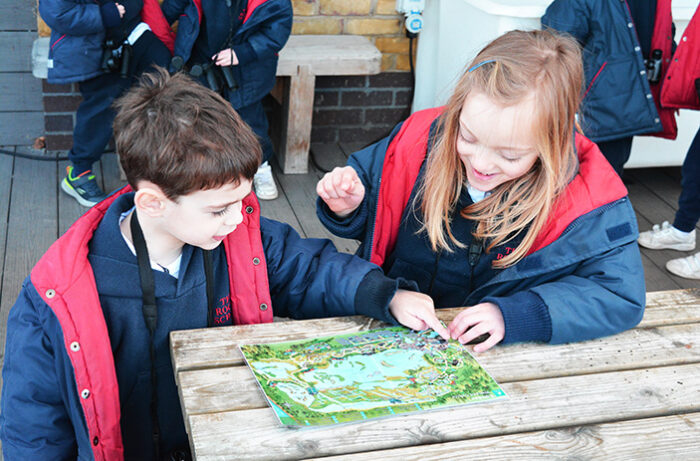
The Roche School
Wellbeing For All
Schools have had a challenging time in recent years with the impact of the pandemic, and wellbeing is high on the agenda. At Halliford school, it says emotional strength is as important as physical strength. Says head James Davies: “Being physically fit is seen as a sign of strength.
At Halliford School, expressing our emotions and seeking help when we need it is an equal, if not more important, sign of strength and maturity. We ensure that we teach our students to develop meaningful and beneficial friendships, the importance of supporting one another and being a member of a community that can be relied upon to do the right thing without judgement.”
Wellbeing for teachers is also vital, creating an environment where everyone thrives. Says Vania Adams, from The Roche School: “When you are looking after your staff well it creates a positive energy to school life. In
turn if the pupils are happy and you commit to nurturing them and their wellbeing, they will learn and thrive.”



